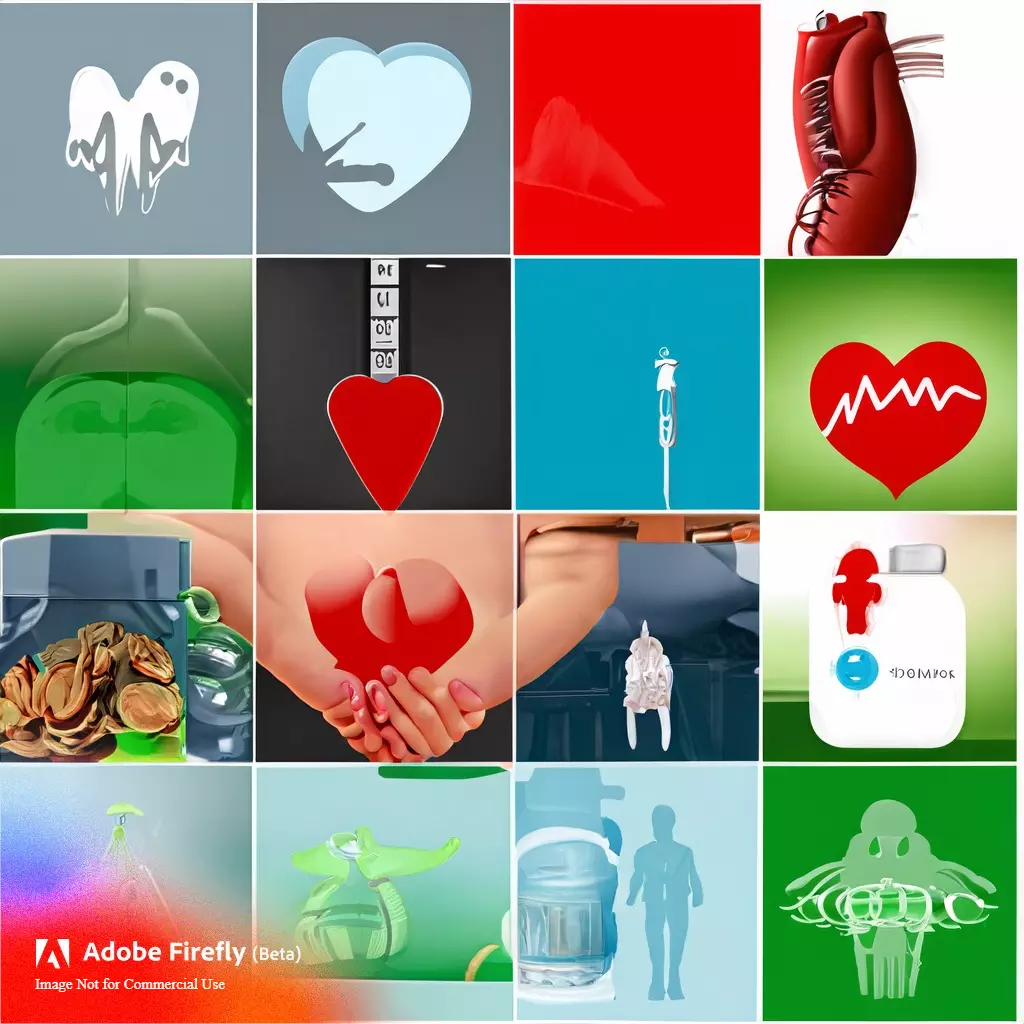In the bustling rhythm of life, it’s easy to fall into the trap of thinking that regular health check-ups are unnecessary, especially when we feel perfectly fine. However, this assumption couldn’t be farther from the truth. Consistently undergoing health check-ups is a proactive measure that not only maintains overall well-being but also plays a vital role in identifying potential health issues early. By taking this step, we equip ourselves with the knowledge needed to prevent minor concerns from snowballing into serious problems.
The Deceptive Nature of Feeling “Fine”
Feeling well and symptom-free does not always equate to perfect health. Our bodies possess an incredible ability to adapt and compensate for underlying health issues. This means that potential problems can lurk beneath the surface without causing immediate discomfort. Relying solely on how we feel can lead to a false sense of security, ultimately hindering our ability to address health concerns in their early stages.
Early Detection: The Key to Prevention
Regular health check-ups act as a safeguard against silent health threats. These routine assessments go beyond merely addressing present symptoms; they delve into the realm of prevention and early detection. By identifying potential issues before they manifest as noticeable symptoms, individuals can take proactive measures to prevent these concerns from escalating into more serious conditions.
Nipping Problems in the Bud
Think of health check-ups as a preemptive strike against health problems. Through screenings, blood tests, and physical examinations, healthcare professionals can detect conditions such as high blood pressure, diabetes, and high cholesterol—conditions that may be asymptomatic initially. Armed with this knowledge, individuals can implement lifestyle changes, dietary adjustments, or medical interventions to manage or mitigate these concerns early on.
The Ripple Effect of Prevention
Preventive healthcare not only benefits the individual but also extends its positive effects to the larger community. By addressing health issues at an early stage, the burden on healthcare resources is significantly reduced. Hospitalizations, extensive treatments, and costly interventions that could have been avoided are minimized, freeing up resources for more critical cases.
Empowering Individuals Through Knowledge
Regular health check-ups empower individuals to take control of their health journey. By gaining insights into their current health status, they can make informed decisions about lifestyle changes, exercise regimens, and dietary modifications. This empowerment shifts the narrative from reactive healthcare to proactive well-being, contributing to a higher quality of life.
In a world where health is a precious asset, regular health check-ups emerge as a beacon of prevention and early detection. The misconception that feeling fine translates to perfect health is debunked when we consider the hidden complexities of our bodies. Embracing the habit of routine health check-ups is a testament to self-care and a commitment to safeguarding one’s well-being. By addressing potential health problems before they escalate, we embrace the power of prevention, ultimately leading to a healthier, more fulfilling life journey.
Also Read : Rapid Rise Of Cryptocurrencies: Profits Soar As Digital Assets Reshape Financial Paradigm
https://thelogicalindian.com/h-upload/2023/08/28/500x300_233035-firefly-images-related-to-health-58478.webp
Trending
2023-08-28 10:36:43.0
The Importance Of Regular Health Check-ups: Preventing Problems Before They Arise











